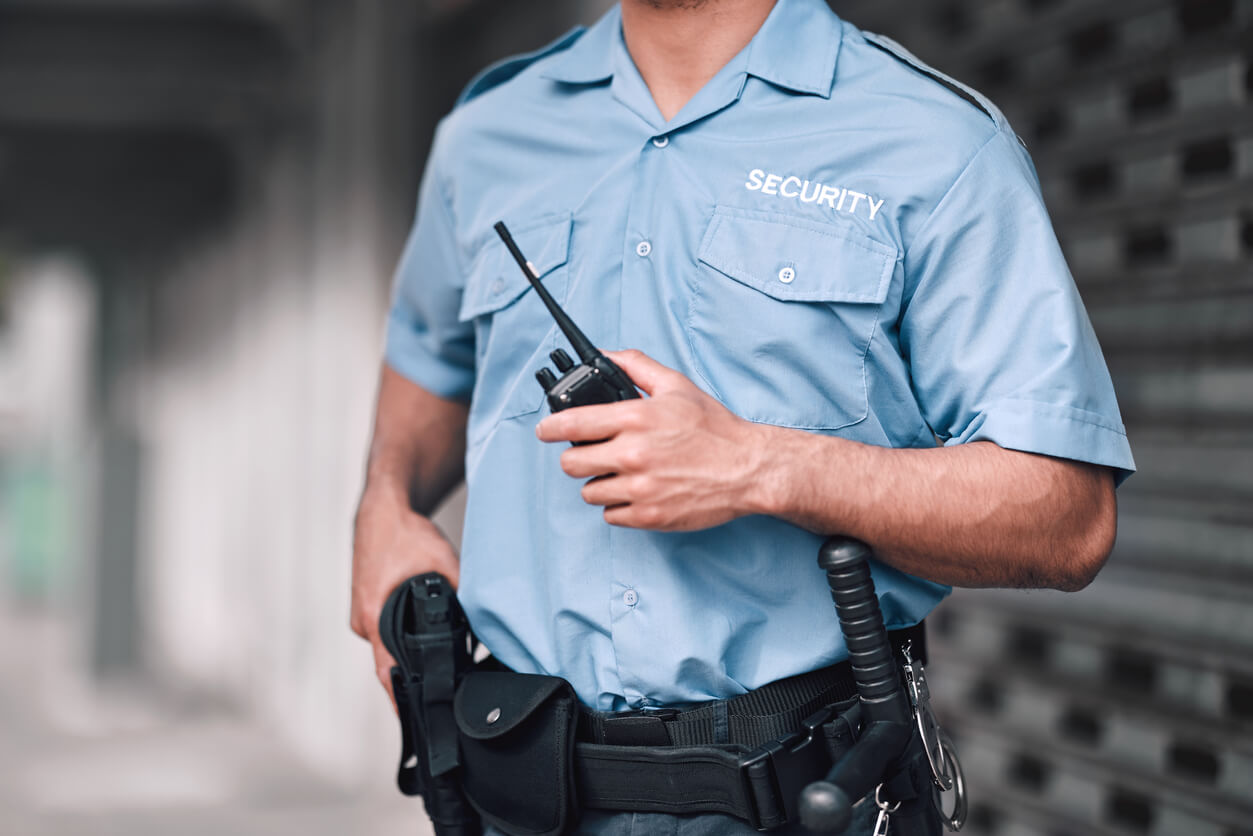Should security guards be paid weekly or biweekly?
At Lipsky Lowe, we understand the unique challenges faced by security guards in New York regarding pay frequency. Navigating the complexities of state labor laws can be daunting, especially when determining whether you should be paid weekly or bi-weekly.
If you work as a security guard, knowing your rights to timely and fair compensation is crucial for your financial stability and peace of mind. We’re here to guide you through the intricacies of New York’s pay frequency laws, ensuring that your rights are protected and upheld.
You can trust us to advocate on your behalf, ensuring you receive the pay frequency you’re entitled to by law. Contact us today for a consultation.
Understanding Pay Frequency Laws in New York
New York pay frequency laws ensure that all workers, including security guards, receive their earnings within a specific timeframe to support their financial needs. These laws stipulate that manual workers must be paid weekly, whereas non-manual workers can be paid less frequently, at least twice a month. This distinction is crucial as it affects how regularly you expect to receive your paycheck, impacting your ability to budget and plan for expenses.
Understanding these laws can sometimes be complex, given the various classifications of employment and the exceptions that may apply. Knowing where you stand under these regulations is essential for security guards, who often work irregular hours or under specific contracts.
Familiarizing yourself with these legal requirements helps advocate for your rights and ensures that employers comply with state laws, fostering a fair and transparent workplace environment.
New York Pay Frequency Laws For Security Guards
New York’s pay frequency law mandates that employees, including security guards, are paid their wages regularly and consistently, ensuring financial stability and compliance with state labor regulations. However, the specific pay frequency for security guards can depend on their classification as manual or non-manual workers and any special conditions under their employment contracts. Here’s a closer look:
Classification and Pay Frequency
- Manual workers in New York are required to be paid every week. Security guards who are classified under this category due to the physical nature of their job must receive their wages every week.
- Non-manual workers, including some security personnel who may perform supervisory roles or less physically demanding tasks, could be eligible for bi-weekly or semi-monthly pay, depending on their employer’s payroll policies.
Exceptions and Considerations
- Certain security firms may have specific agreements or exemptions that allow for a different pay frequency, provided they still comply with New York labor laws.
- Unionized security guards might have their pay frequency outlined in collective bargaining agreements, which can sometimes differ from standard state requirements.
Understanding these distinctions is vital for security guards to ensure their rights are
protected and paid according to the legal standards set by the New York state. Employers must adhere to these regulations; any deviation without proper justification or exemption can lead to legal repercussions.
Security guards facing uncertainties or issues with pay frequency should consult an employment lawyer at Lipsky Lowe to address and rectify potential violations of labor laws.
Common Pay Frequency Issues and How Lipsky Lowe Can Help
Security guards in New York often face various pay frequency issues that can impact their financial well-being and job satisfaction. These issues may include:
- Delayed Payments: Guards must receive their paychecks on the legally mandated schedule.
- Misclassification: Incorrectly classifying guards as exempt from weekly pay, leading to less frequent payments.
- Overtime Pay Discrepancies: Failure to accurately compensate for overtime hours, affecting overall pay frequency and amount.
At Lipsky Lowe, we are committed to advocating for the rights of security guards facing these and other pay-related challenges. Our employment lawyers effectively address misclassification issues, pursue owed wages, and ensure compliance with New York’s pay frequency laws. We understand how crucial timely and correct wage payment is for security guards, who rely on their earnings to manage personal and family expenses.
Other common pay frequency problems also include:
- Incorrect Wage Amounts: Errors in payroll leading to underpayment.
- Lack of Transparency: Employers need to communicate pay schedules or changes in pay frequency.
- Contractual Disputes: Conflicts over pay frequency terms in employment contracts.
Our team is here to assist security guards in navigating these complex issues, leveraging our legal acumen to secure fair treatment and rightful pay under the law.
Helping Security Guards in New York With Pay Frequency Disputes
At Lipsky Lowe, we’re dedicated to protecting the rights of security guards across New York, ensuring fair pay frequency, and resolving wage-related issues. If you need help with your pay, whether it’s delays, misclassification, or any discrepancies, contact us today to secure the wages you’ve rightfully earned.

